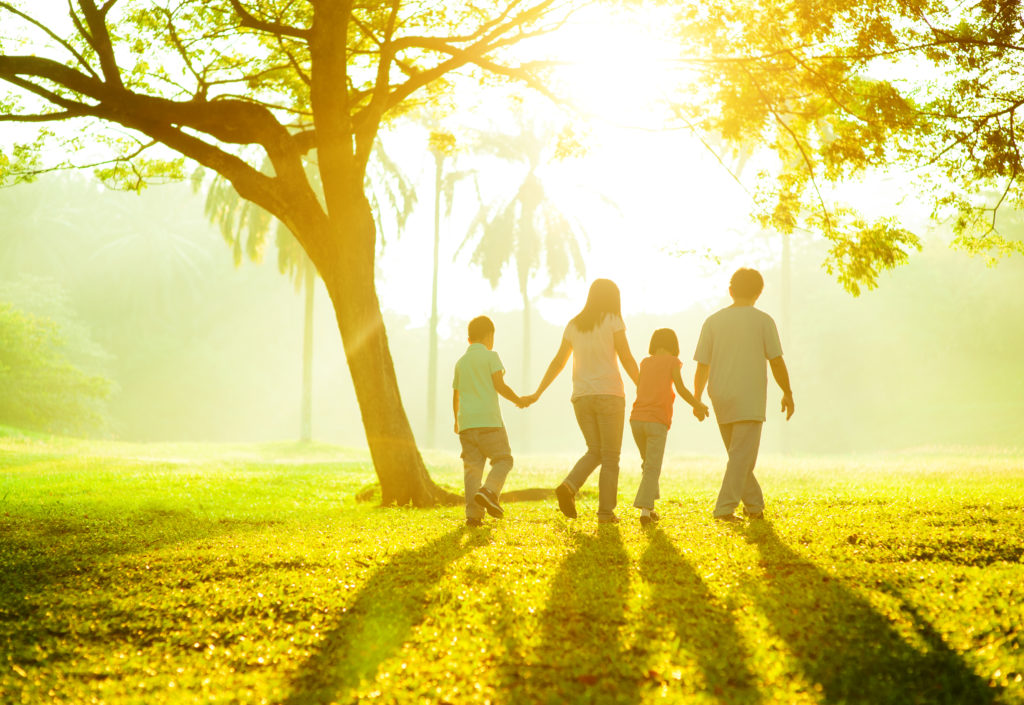Diana and her mother, Dorothy, have had a tumultuous relationship over the past three years. Dorothy (82) has refused to go into an assisted living facility against the wishes of her three daughters. Diana is the only child that lives in town and can care for her mother. During the COVID-19 situation, Dorothy has become increasingly dehydrated and isolated from talking to others. In addition to having memory loss, Dorothy also has COPD and is worried about going outside because of her breathing issues. The family has usually been critical of Dorothy’s health decisions and the way she has handled her communication with her children over the years. Now, the three daughters are meeting three times per week via Zoom video to discuss options of care for their mom and networking to find professional caregivers to help care for Dorothy’s needs. Diana and her two sisters have not only found common ground on the care for their mom but have found this time as a valuable way to catch up on each other’s lives. They were able to share their frustrations, anxieties and humor
This mother/daughter case (names de-identified) are actual participants in our Memory Clinic groups at Saint Louis University. Over the past month, several instances of families coming together to help their loved ones who are socially isolated are showing up more and more. Across the country, senior isolation is a growing problem during the COVID pandemic, where a growing number of aging adults are finding it difficult to connect on a regular basis. Where families may have taken for granted the independence of their aging loved ones before, the need for connection is now essential. As this percentage of the population has been often neglected in the healthcare system, it is critical for providers and professionals to reach out to older adult patients during this stay-at-home time.
Our concept of a “system” has never been as inclusive as it has now. Old friends that have lost touch for years are now being re-connected via video calls. Neighbors who you may have never met before are now helping coordinate deliveries of items to your door. Community food shelters are offering volunteer services to help feed underserved families, seniors, and other areas of need. Organizations are donating medical supplies, masks, food, and other protective equipment to healthcare workers on the front lines. Amid a global crisis, we are starting to re-connect as a society in creative and essential ways. We are all wearing dual roles in this time of connection as a family member, friend, community volunteer, and healthcare provider.
Many questions still exist around when the curve will flatten around this unprecedented pandemic. One that remains on the minds of many is, “will we continue to come together as a culture when our lives return to a “new normal?” My hope is that we can continue these intentional connections and collaborations into the future. We’re truly re-defining what family means and who we now consider to be our extended, non-nuclear family. I have a large family outside of my own, whether through my work organization, outside friends, social groups, and organizations. The silver lining through this storm is that we’re re-visiting history of what it means to be communal and truly linked. We’re taking care each other, whether through gifts, referrals or just emotional support from afar. I don’t need to wait years for my next family reunion. I’ve had several already.


Leave a Reply